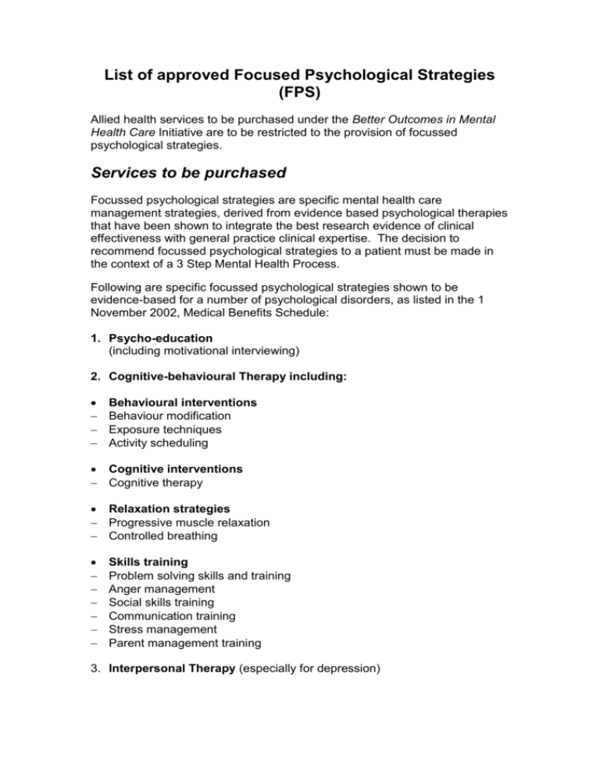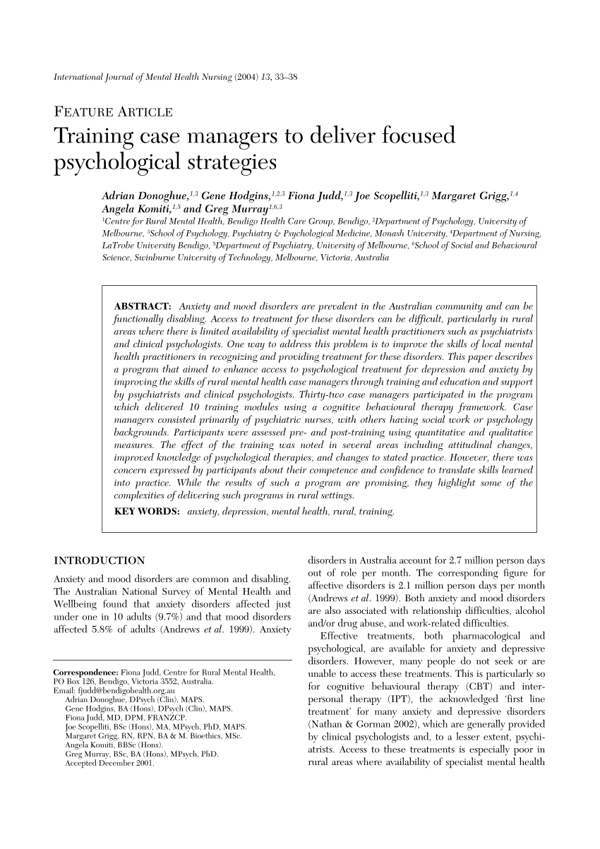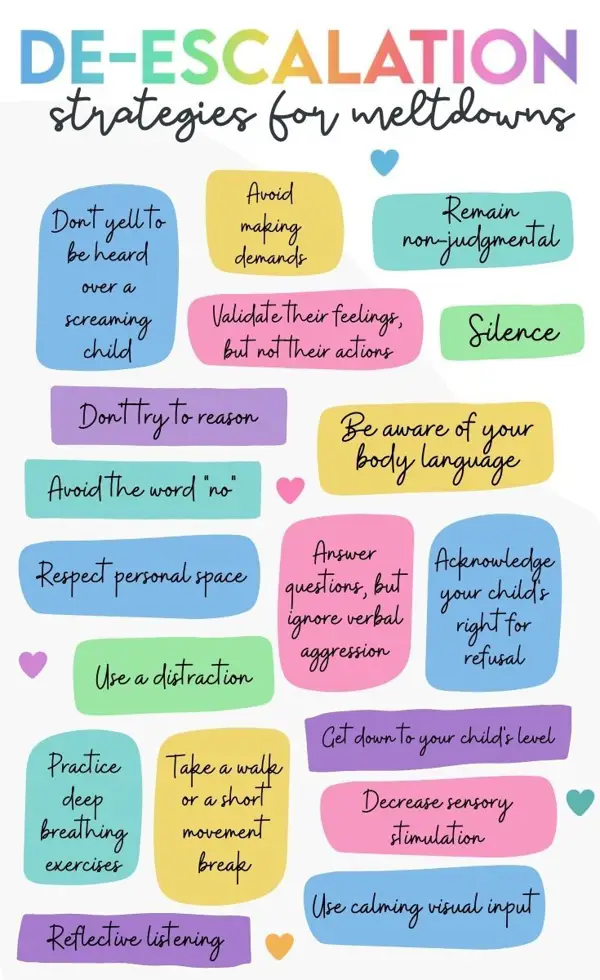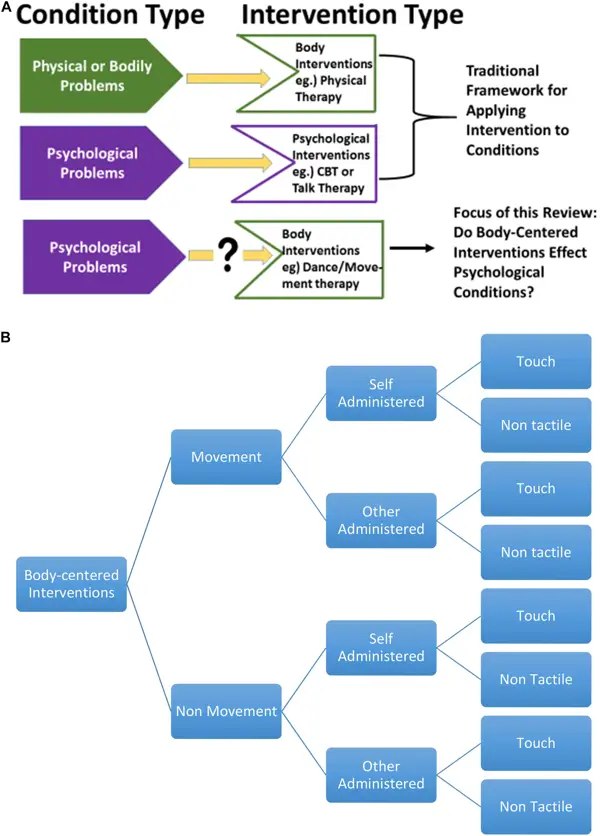Table of Contents
- Understanding the Importance of Psychological Strategies
- Setting Clear Goals and Priorities
- Developing Resilience and Self-Care Techniques
- Enhancing Communication and Active Listening Skills
- Building Empathy and Cultural Competence
- Implementing Mindfulness and Stress Reduction Techniques
- Promoting Collaboration and Building Support Networks
1. Understanding the Importance of Psychological Strategies
Learn why incorporating psychological strategies is crucial for social workers in their daily interactions and practice. Discover how such strategies can enhance effectiveness and provide better support to individuals and communities.
2. Setting Clear Goals and Priorities
Explore techniques to set clear goals and priorities in order to improve focus and productivity. Understand how having a clear direction helps social workers to manage their workload and prioritize their interventions.
In focused psychological strategies for social workers, it is essential to establish clear goals and priorities to effectively support individuals or communities. Setting these goals ensures that the intervention is targeted, purposeful, and tailored to the specific needs of the people involved.
Benefits of Setting Clear Goals
- Clarity: Clear goals provide a sense of direction and purpose in the intervention process.
- Focus: Having well-defined goals helps social workers concentrate their efforts and resources on achieving desired outcomes.
- Measurement: Clear goals allow for measurable progress evaluation, ensuring accountability and identifying areas that require adjustment.
- Collaboration: Setting goals involves active participation from both the social worker and the individual or community, promoting collaboration and shared decision-making.
Prioritizing Goals
Prioritization plays a crucial role in focused psychological strategies for social workers. Here are some steps to effectively prioritize goals:
- Assessment: Gather information to understand the client's or community's needs and challenges thoroughly.
- Identify Urgency: Determine which goals require immediate attention due to their time-sensitive or critical nature.
- Feasibility: Assess the resources available and consider the feasibility of each goal within the given constraints.
- Impact: Evaluate the potential impact of each goal on the well-being and overall improvement of the client or community.
- Collaboration: Engage in open communication with the client or community to collectively determine the priority of goals.
By setting clear goals and priorities, social workers can ensure their interventions are purposeful, effective, and tailored to meet the specific needs of individuals or communities.

3. Developing Resilience and Self-Care Techniques
Discover effective methods to cultivate resilience and practice self-care as a social worker. This section explores strategies to manage stress, prevent burnout, and build emotional well-being.
Focused psychological strategies play a vital role in the field of social work, helping professionals address various mental health challenges. Among these strategies, developing resilience and self-care techniques is of utmost importance. This short guide will outline key aspects related to the development of resilience and self-care techniques in the context of focused psychological strategies for social workers.
Understanding Resilience
Resilience refers to the ability to adapt and bounce back from difficult experiences, enabling social workers to effectively cope with challenging situations. Developing resilience is crucial as it helps professionals maintain their mental well-being and prevent burnout.
Building Resilience
To develop resilience, social workers can employ several strategies:
- Self-reflection: Regularly reflecting on personal experiences, emotions, and responses can enhance self-awareness and understanding, leading to increased resilience.
- Building support networks: Connecting with peers, mentors, and other professionals in the field fosters a sense of belonging, provides opportunities for learning, and enables the sharing of experiences.
- Seeking supervision: Engaging in regular supervision sessions allows social workers to discuss challenging cases, gain guidance, and develop strategies to effectively manage stressors.
- Engaging in self-care practices: Prioritizing self-care activities such as exercise, hobbies, mindfulness, and relaxation techniques promotes overall well-being and helps prevent burnout.
The Importance of Self-Care
Self-care is crucial for social workers to maintain their mental, emotional, and physical well-being. Neglecting self-care can lead to increased stress, compassion fatigue, and reduced job satisfaction. By prioritizing self-care, professionals can sustain their motivation and effectiveness in supporting individuals with mental health challenges.
Incorporating Self-Care Techniques
Here are some self-care techniques that social workers can integrate into their daily lives:
- Establishing boundaries: Setting clear boundaries between work and personal life is essential to avoid burnout. Allocate specific time for rest, relaxation, and engaging in activities unrelated to work.
- Practicing stress management: Learning and implementing stress management techniques, such as deep breathing exercises, meditation, or journaling, can help social workers effectively manage and reduce stress levels.
- Prioritizing self-reflection: Regularly reflect on personal experiences, emotions, and reactions to enhance self-awareness and gain insight into one's own well-being.
- Nurturing relationships: Maintaining healthy relationships with family, friends, and loved ones provides emotional support and promotes a sense of connection and fulfillment.
Developing resilience and self-care techniques is essential for social workers engaged in focused psychological strategies. By prioritizing resilience, social workers can effectively navigate challenges and maintain their mental well-being. Additionally, incorporating self-care techniques helps professionals sustain their motivation and enhance overall job satisfaction, ensuring they provide the best support to individuals with mental health needs.

4. Enhancing Communication and Active Listening Skills
Learn about effective communication techniques and active listening skills that empower social workers to establish trust and rapport with clients. Understand how improved communication positively impacts their interventions.
Focused psychological strategies are essential tools for social workers to support individuals and communities in managing their mental health. One crucial aspect of these strategies is enhancing communication and active listening skills. Effective communication and active listening enable social workers to establish meaningful connections, build trust, and understand clients' needs better.
Why Communication and Active Listening Matter
Communication is the foundation of any successful social work intervention. By effectively conveying information, thoughts, and emotions, social workers can foster understanding and collaboration. Active listening, on the other hand, involves paying full attention to the speaker and demonstrating empathy, allowing social workers to gather valuable insights and create a safe space for individuals to express themselves.
Strategies for Enhancing Communication and Active Listening Skills
- Developing Empathy: Understanding and acknowledging clients' feelings and experiences are key elements of empathy. Social workers should strive to see situations from their clients' perspective to establish rapport and build trust.
- Open-ended Questions: Encouraging clients to share more by using open-ended questions helps social workers gain a deeper understanding of their concerns. This technique fosters a more engaging and meaningful conversation.
- Reflective Listening: Reflecting on what the client has shared by paraphrasing and summarizing their words demonstrates active listening. This technique confirms understanding and allows social workers to provide relevant support.
- Non-Verbal Communication: Social workers should pay attention to non-verbal cues such as body language, facial expressions, and tone of voice. This helps them understand underlying emotions and respond appropriately.
- Maintaining Cultural Sensitivity: Being aware of cultural differences and practicing cultural sensitivity ensures effective communication. Social workers should respect diverse perspectives, values, and beliefs.
Enhancing communication and active listening skills are indispensable for social workers practicing focused psychological strategies. By developing empathy, using open-ended questions, practicing reflective listening, paying attention to non-verbal cues, and maintaining cultural sensitivity, social workers can establish strong connections with their clients and provide meaningful support for their mental health needs.

5. Building Empathy and Cultural Competence
Explore the importance of empathy and cultural competence in the social work profession. Gain insights into how these skills enable social workers to better understand diverse populations and deliver culturally appropriate support.
Social workers play a crucial role in addressing the diverse needs of individuals and communities. In order to effectively support their clients, social workers need to possess essential skills like empathy and cultural competence.
1. Understanding Empathy
Empathy is the ability to understand and share the feelings of others. Social workers must develop this skill to create a safe and trusting environment where clients feel heard and understood. Through active listening and putting themselves in the shoes of their clients, social workers can foster meaningful connections.
2. Developing Cultural Competence
Cultural competence refers to the ability to work effectively with individuals from different cultural backgrounds. Social workers must recognize and appreciate diverse cultural norms, values, and beliefs to provide unbiased and respectful care. By being aware of their own biases and actively seeking knowledge about different cultures, social workers can offer more inclusive and relevant support.
3. Continuous Learning
Building empathy and cultural competence is an ongoing process. Social workers should engage in continuous learning and professional development opportunities. By staying updated on cultural issues and participating in diversity training, they can enhance their skills and better serve their clients.
4. Collaboration and Communication
Effective collaboration with clients, as well as colleagues from diverse backgrounds, is crucial for social workers. By valuing and respecting the input of others, social workers can create a collaborative and inclusive environment. Clear communication is essential to ensure mutual understanding and avoid misunderstandings.
5. Self-Reflection
Lastly, social workers should engage in regular self-reflection to examine their biases, assumptions, and prejudices. By being aware of their own limitations and continuously working on personal growth, social workers can provide empathetic and culturally competent care to their clients.

6. Implementing Mindfulness and Stress Reduction Techniques
Discover mindfulness and stress reduction techniques specifically tailored for social workers. This section highlights the benefits of mindfulness and provides practical tips to manage stress and maintain focus in a demanding profession.
7. Promoting Collaboration and Building Support Networks
Understand the value of collaboration and building support networks within the social work field. Learn strategies to engage with colleagues, community organizations, and resources to enhance professional development and maximize impact.
Key Takeaways
- Psychological strategies enhance the effectiveness of social workers in their daily practice.
- Setting clear goals and priorities improves focus and productivity.
- Resilience and self-care techniques are crucial to prevent burnout and promote well-being.
- Effective communication and active listening build trust and rapport with clients.
- Empathy and cultural competence enable better understanding of diverse populations.
- Mindfulness and stress reduction techniques support stress management and focus maintenance.
- Promoting collaboration and building support networks enhance professional growth and impact.
FAQ
Q: How can psychological strategies benefit social workers?
A: Psychological strategies improve the overall effectiveness and quality of social work interventions by enhancing focus, resilience, communication, empathy, and stress management skills.
Q: How do setting clear goals and priorities help social workers?
A: Setting clear goals and priorities helps social workers manage their workload, focus on essential tasks, and make more impactful interventions within limited timeframes.
Q: What are some self-care techniques social workers can implement?
A: Self-care techniques for social workers include practicing mindfulness, engaging in hobbies or activities they enjoy, seeking support from peers, and maintaining a healthy work-life balance.



Recent Comments